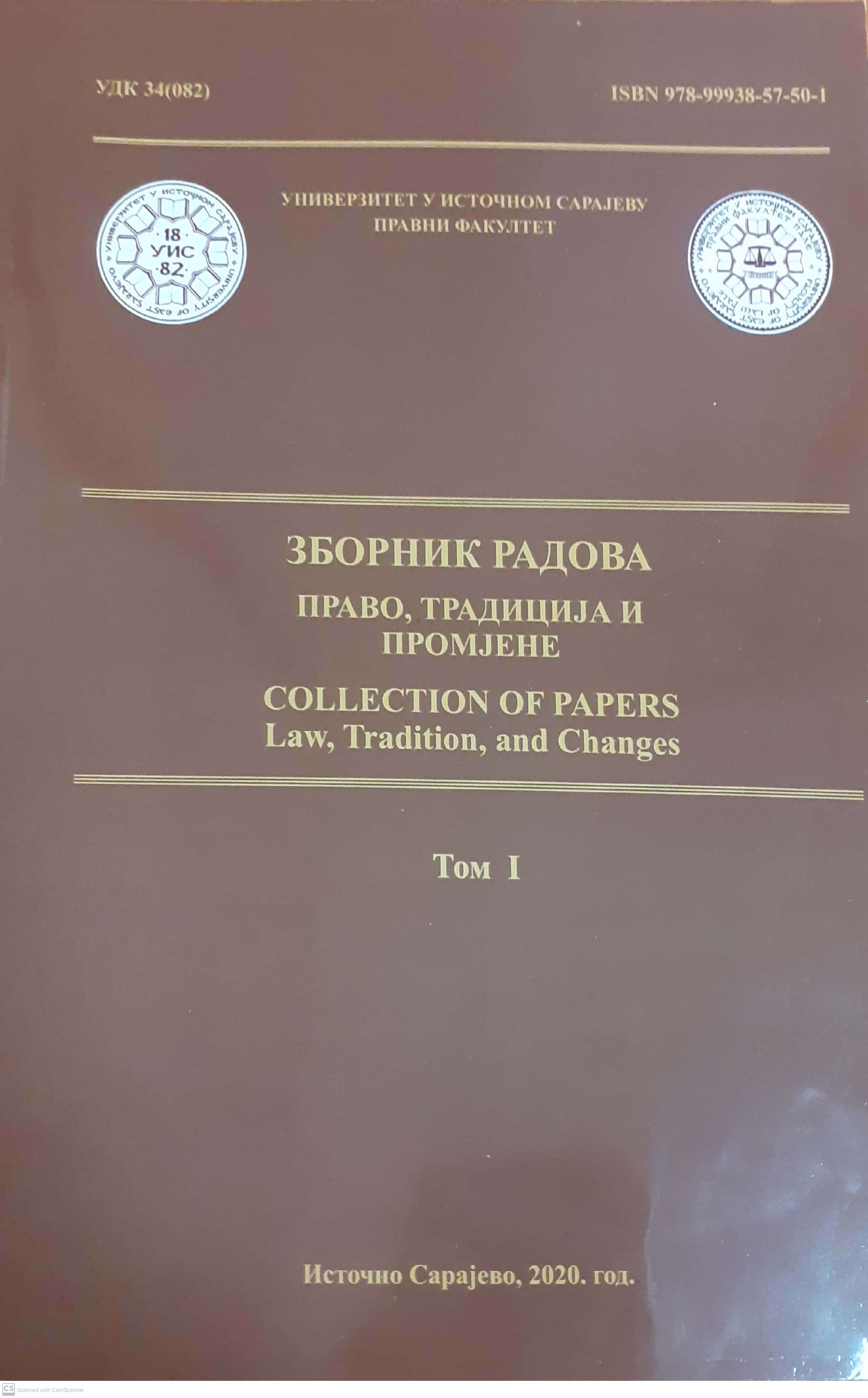Еволутивно тумачење међународних уговора
The Evolutive Interpretation of International Treaties
Author(s): Rodoljub Etinski
Subject(s): Law, Constitution, Jurisprudence, International Law
Published by: Правни факултет Универзитета у Источном Сарајеву
Keywords: Evolutive interpretation;International treaties;
Summary/Abstract: The evolutive interpretation of international treaties denotes the change of the meaning of a term in a treaty over time due to certain reasons. The jurisprudence of international courts is univocal concerning the conditions which a term should meet to be eligible for evolutive interpretation. The practices of the International Court of Justice and the European Court of Human Rights differ regarding the reasons which cause the change on meaning. The International Court of Justice has seen these reasons in external factors, beyond the will of contracting parties, such as the evolution of language or the evolution of international law. The European Court of Human Rights has also included internal factors, such as the change of intention of the parties or the change of understanding of a provision by the parties which have been manifested in the subsequent practice in the application of the European Convention of Human Rights. Another difference has been expressed in the understanding of importance of intention of the parties regarding the evolutive interpretation. The International Court of Justice has based the evolutive interpretation in the intentions or in presumed intentions of the parties to allow such interpretation. The European Court of Human Rights has attributed less importance to the intentions of the parties.
- Page Range: 27-47
- Page Count: 21
- Publication Year: 2019
- Language: Serbian
- Content File-PDF

